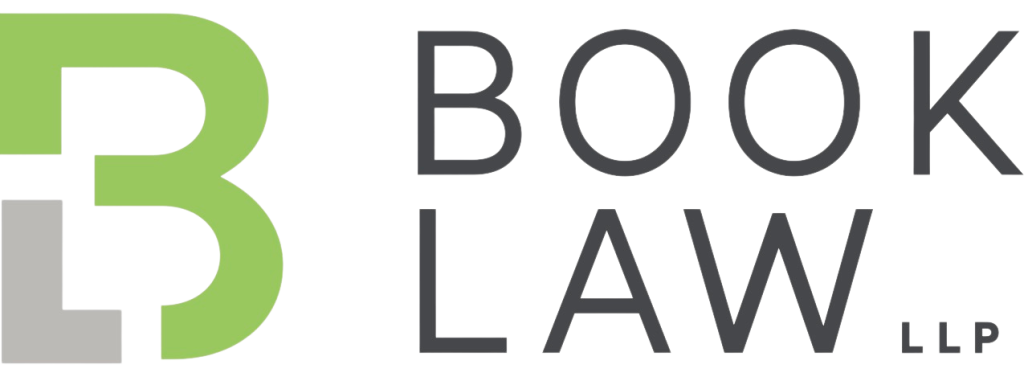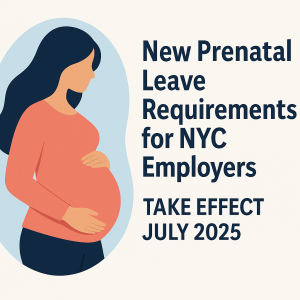Second Circuit Expands ADA Protections: Employers Must Reevaluate What Counts as a Reasonable Accommodation
4/29/25
In a significant development for ADA compliance, the Second Circuit Court of Appeals issued a decision on March 25, 2025, clarifying that employees with disabilities may be entitled to reasonable accommodations under the Americans with Disabilities Act (ADA)—even if they can perform the essential functions of their job without them.
The case, Tudor v. Whitehall Central School District, involved a high school teacher diagnosed with PTSD who requested brief afternoon breaks as an accommodation to manage her symptoms. Although she acknowledged she could technically fulfill her job responsibilities without the breaks, she did so under “great duress and harm.” The school district denied her request, and a lower court dismissed her ADA claim. The Second Circuit reversed that dismissal, adopting a broader reading of the ADA’s protections.
Key Holding: Accommodations Need Not Be “Essential” to Be Required
The court emphasized that the ADA defines a “qualified individual” as someone who can perform the essential functions of the job “with or without reasonable accommodation.” This language means that the right to a reasonable accommodation is not limited to instances where it is necessary to do the job. Instead, accommodations that enhance workplace inclusion, support well-being, or prevent harm may still be required—even if the job can technically be done without them.
Why This Matters for Employers
The Tudor decision aligns with rulings from several other circuits and directly addresses a longstanding ambiguity in ADA enforcement. For employers, this case signals a clear need to:
- Reexamine what qualifies as a reasonable accommodation;
- Avoid denying accommodations solely because the employee can still technically perform their duties;
- Prioritize a workplace environment that supports disability inclusion beyond basic functionality;
- Consider the physical, emotional, and psychological toll on employees without accommodation.
This decision is especially relevant to HR professionals and legal counsel managing return-to-work plans, mental health accommodations, and hybrid work policies.
Employers must adapt their ADA protocols to reflect this broader interpretation of “reasonable accommodation.” Reach out to Sheryl Galler at sgaller@booklawllp.com or Chaim Book at cbook@booklawllp.com for help evaluating your compliance practices.


